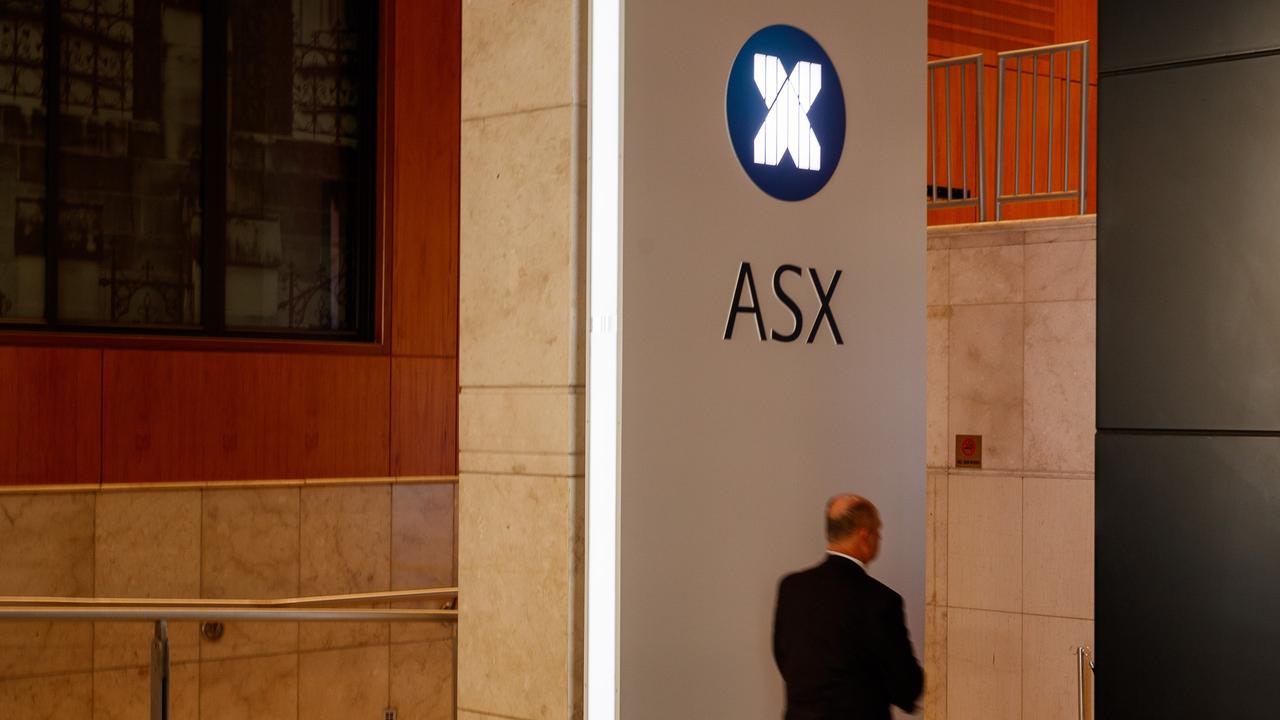Retailers who read the Reserve Bank bulletin would be as thrilled as recent homebuyers following news house prices have started surging again, just in time for Christmas.
An article back in March revealed how household spending, especially at department stores, was tightly linked to household wealth. “A 1 per cent increase in the value of housing wealth will lead to a 0.16 per cent increase in the long-run level of consumption,” it found. And half the impact occurred within six months.
Like wage growth, retail sales have been stagnant for a while.
Capital city prices began to turn around when the Reserve Bank made the first of three interest rate cuts in June, having increased every month since. Even the Perth market, kneecapped by the end of the resources boom, is showing signs of life.
Perhaps it’s time for a shopping splurge.
This week’s growth figures for the third quarter of the year will reveal whether consumers are celebrating their more valuable homes by spending.
Whatever they show, pinning our economic hopes on higher dwelling prices is a sugar hit at best with an unpleasant side effect: debt obesity. Credit growth is yet to bounce back, but like clockwork it will.
Bolstering economic growth by maxing out household debt, which recently crept above 190 per cent of household disposable income for the first time, might seem a risky strategy.
In any case, the housing recovery still rests on the lowest turnover in 30 years, and building approvals — which provide the bigger dividend in terms of jobs and economic activity — have continued to slide.
Home sales are good only for real estate agents, conveyancers, and banks.
Higher wages for the masses will underpin long-term economic strength, rather than house prices built on higher debt.
Yet even the ever-optimistic Reserve Bank, which reckons the economy is at a “gentle turning point”, appears to have given up on that.
We have to hope the global economy throws up some innovation that drags wage growth out of the doldrums.
Without a pick-up in wage growth the “turning point” will be more imperceptible than gentle.



